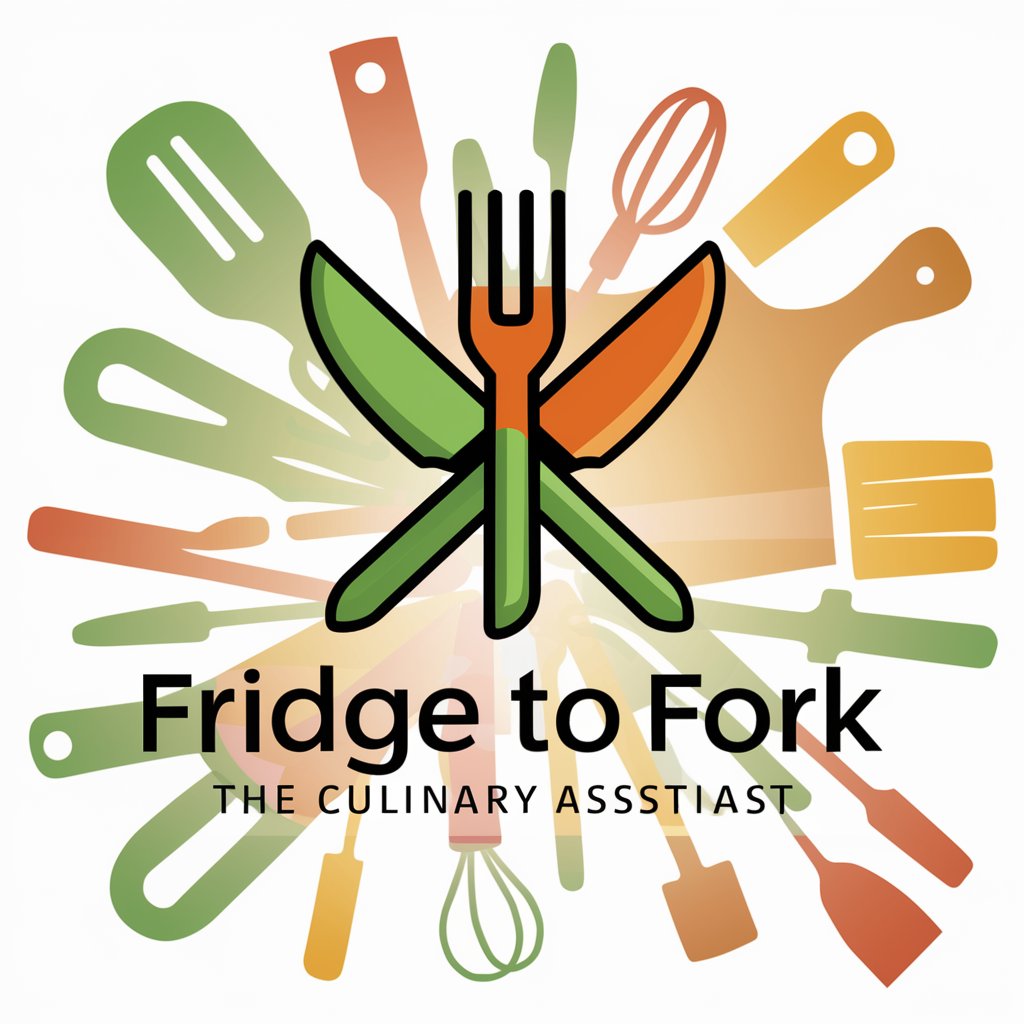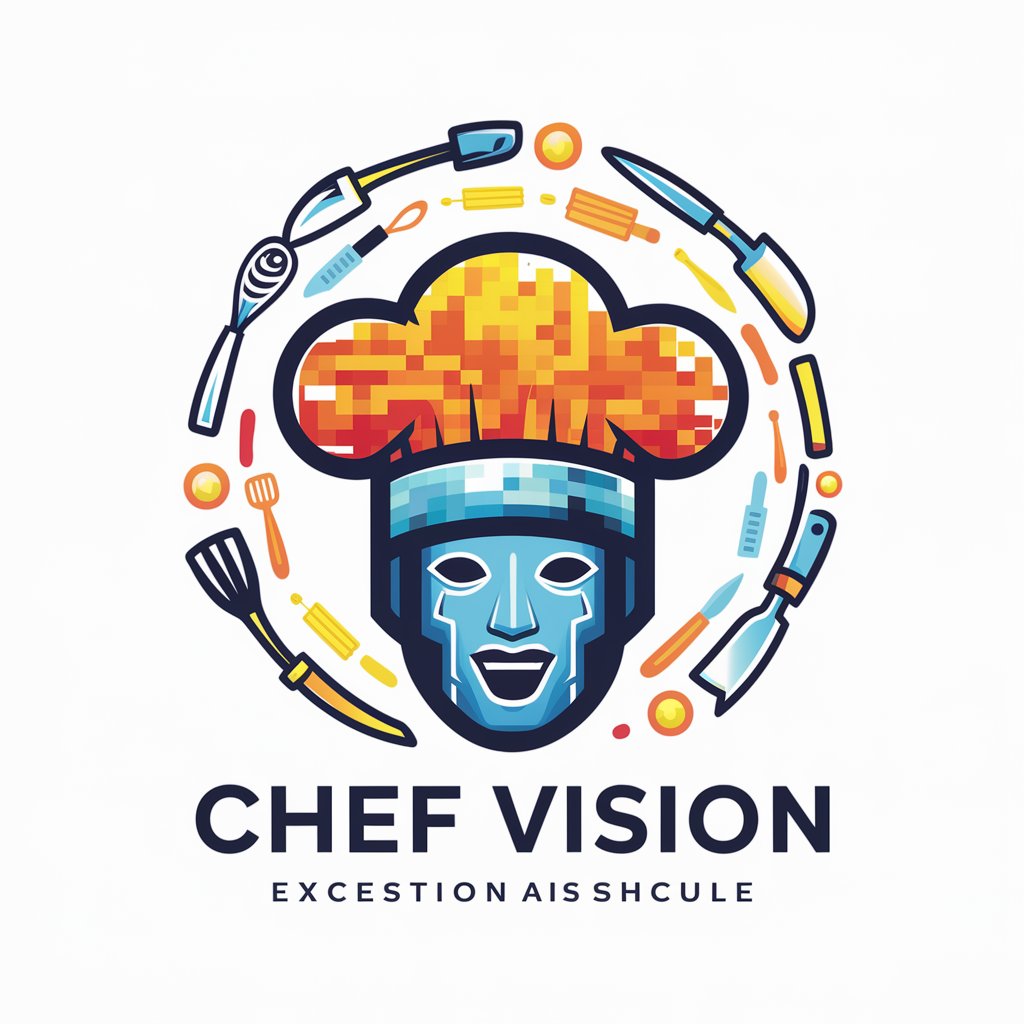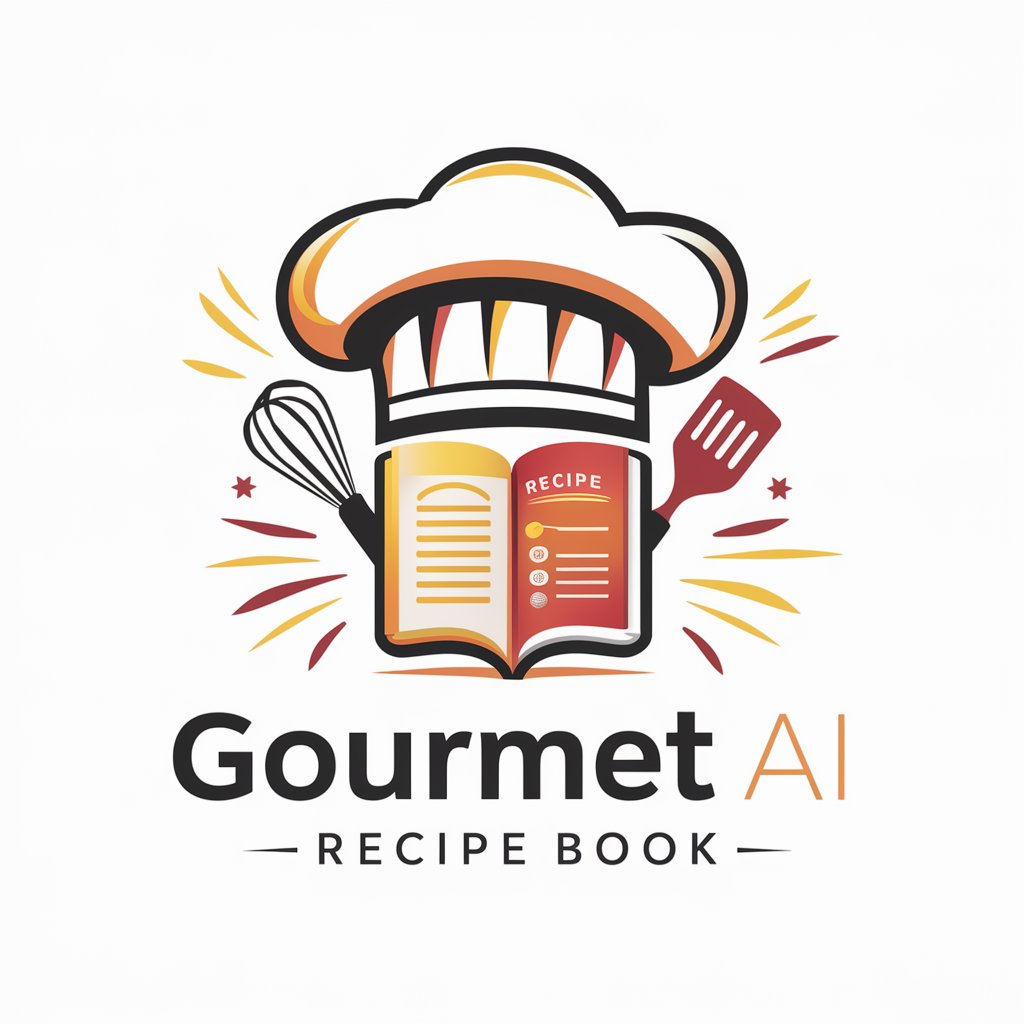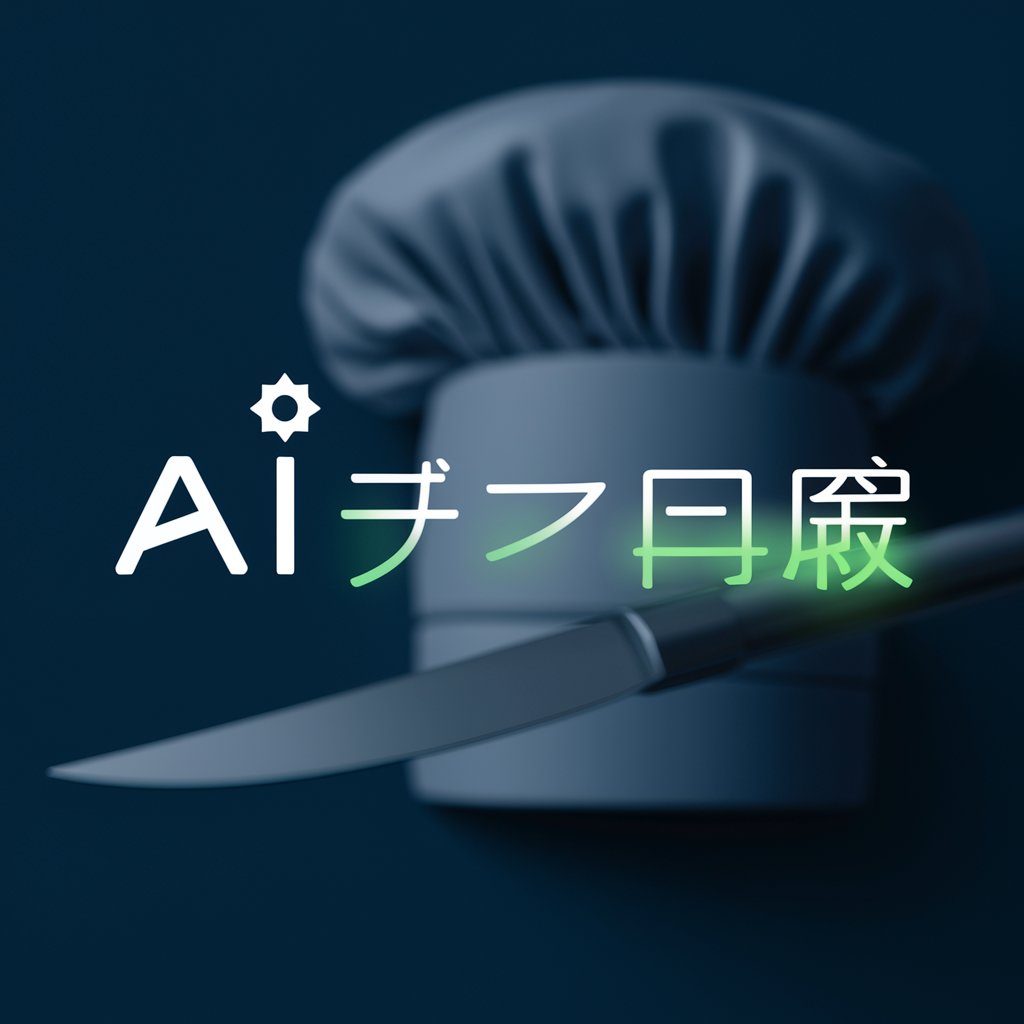11 GPTs for Food Waste Powered by AI for Free of 2026
AI GPTs for Food Waste are advanced tools utilizing Generative Pre-trained Transformers technology to tackle issues related to food waste. These tools are developed or adapted to perform a variety of tasks specifically within the food waste domain, including data analysis, waste tracking, optimization of food distribution, and educational outreach on waste reduction practices. By leveraging the natural language processing and generation capabilities of GPTs, these AI tools provide innovative solutions to reduce food waste, enhance sustainability, and support informed decision-making in both personal and professional contexts.
Top 10 GPTs for Food Waste are: Fridge to Fork,Budget Chef,Culinary Creator,The Fridge Chef!,Weekly Dinner Planner,FeastFrame: The Pantry Whisperer,Chef Vision,Gourmet AI,AI冷蔵庫料理人,Leftover Wizard 🍲✨
Fridge to Fork
Transforming Ingredients into Recipes with AI

Budget Chef
Smart Meal Planning, Simplified

Culinary Creator
AI-powered Culinary Expertise at Your Fingertips

The Fridge Chef!
Turn Your Fridge Contents into Culinary Creations

Weekly Dinner Planner
AI-powered personalized meal planning

FeastFrame: The Pantry Whisperer
Turn Ingredients into Culinary Adventures

Chef Vision
Turn Ingredients into Culinary Creations with AI

Gourmet AI
Personalize Your Plate with AI

AI冷蔵庫料理人
Transform Your Fridge Contents into Delicious Meals

Leftover Wizard 🍲✨
Revamp Leftovers with AI Magic

Grocery Wizard
Streamline your shopping with AI.

Key Attributes of AI GPTs for Food Waste Management
AI GPTs designed for food waste management excel in adaptability, capable of handling tasks ranging from simple Q&A to complex predictive analytics. Unique features include the ability to process and analyze large datasets related to food consumption and waste, generate insights on waste reduction strategies, and provide tailored advice on optimizing food storage and usage. Special capabilities also encompass language learning for global reach, technical support for implementation, web searching for the latest research, image creation for educational content, and custom data analysis tools tailored for the specific needs of the food waste domain.
Who Can Benefit from AI GPTs in Food Waste Reduction
AI GPTs for Food Waste are designed for a broad audience, including environmental advocates, food industry professionals, policymakers, educators, and the general public. These tools are accessible to novices without coding skills, offering user-friendly interfaces for everyday tasks, while also providing advanced customization options for developers and professionals in the field. This dual approach ensures that anyone interested in reducing food waste can leverage these AI tools, regardless of their technical expertise.
Try Our other AI GPTs tools for Free
Gut Support
Discover how AI GPTs for Gut Support can transform your approach to gut health with personalized advice, diet plans, and the latest research, all through an easy-to-use interface.
Climate Gardening
Discover how AI GPTs for Climate Gardening can transform your gardening practice with data-driven insights for sustainability and climate resilience. Optimizing your garden for the future has never been easier.
Mixology Assessment
Explore the future of cocktail crafting with AI GPTs for Mixology Assessment. Tailored solutions for recipe analysis, trend forecasting, and flavor optimization at your fingertips.
Ingredient Suggestion
Discover how AI GPTs for Ingredient Suggestion revolutionize culinary creativity and problem-solving, making it easier to explore new flavors and optimize recipes.
Drink Recommendation
Discover personalized drink recommendations with AI GPTs, designed to cater to your taste and preferences. Explore innovative, AI-driven suggestions for your next favorite beverage.
Time Narratives
Discover AI GPT tools for Time Narratives, designed to analyze, generate, and interpret time-based content. Perfect for professionals and enthusiasts keen on exploring historical data, future trends, and chronological narratives.
Expanding Horizons with AI in Food Waste Mitigation
AI GPTs for Food Waste stand at the forefront of technological innovation in sustainability, offering customized solutions across various sectors. They simplify complex data analysis, making it accessible and actionable for users. Moreover, their integration capabilities mean they can enhance existing systems or workflows, providing a seamless experience for reducing food waste and promoting environmental stewardship.
Frequently Asked Questions
What exactly are AI GPTs for Food Waste?
AI GPTs for Food Waste are specialized applications of AI designed to address and reduce food waste through data analysis, optimization, and educational efforts using advanced natural language processing technologies.
How do AI GPTs help reduce food waste?
They analyze data on food usage and waste patterns, provide recommendations for reducing waste, and offer educational content on sustainable practices.
Can these tools be used by individuals with no coding experience?
Yes, they are designed with user-friendly interfaces that require no coding knowledge, making them accessible to a broad audience.
Are there customization options for professionals?
Yes, developers and professionals can access advanced features and customization options to tailor the tools to specific needs or integrate them into existing systems.
Can AI GPTs for Food Waste generate reports?
Yes, they can compile and generate detailed reports on food waste patterns, reduction strategies, and their outcomes.
Do these tools offer solutions for businesses in the food industry?
Absolutely, they provide insights and strategies specifically tailored to help businesses in the food sector reduce waste and improve sustainability.
How can educators use AI GPTs for Food Waste?
Educators can use these tools to create engaging and informative content on food sustainability, incorporating real-world data and strategies into their curriculum.
What makes AI GPTs for Food Waste unique compared to other AI tools?
Their specialization in the food waste domain, combined with advanced NLP capabilities, allows for targeted solutions that are not typically available in general AI tools.